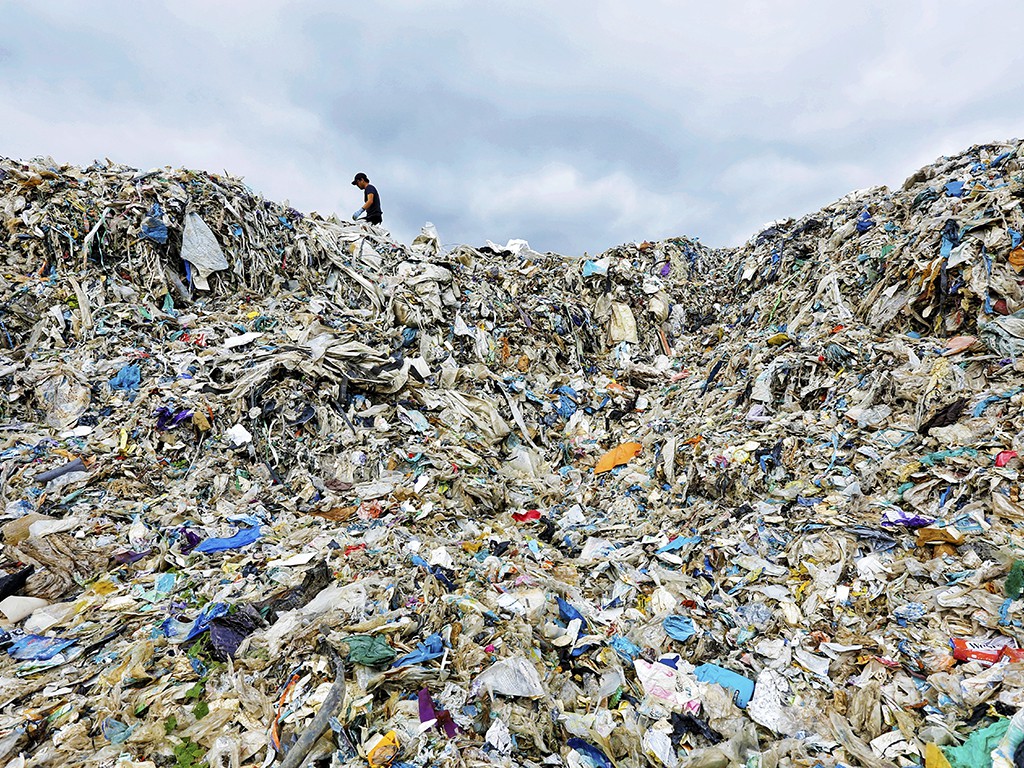After China Closes its Doors, Malaysia Becomes New Dumping Ground for World’s Plastic Trash Despite Government Ban
2 Mins Read
One year since China imposed its National Sword policy ban on the world’s plastic waste import, nearby Southeast Asian countries have struggled to pick up the scraps with Malaysia taking in the lion’s share of supposed recyclable plastic from the US and other industrialized nations. According to Eco-Business, a Greenpeace Malaysia investigation has uncovered much of its plastic refuse have been “dumped, burned, or left to rot in illegal processing plants.”
Lacking the infrastructure to manage and properly dispose used plastic, overwhelming mounds of trash deposited in abandoned lots, near open water, or strewn by the roadside has led to environmental and public health concerns. Waste factories – many near bustling cities – have sprung operating without accreditation or licenses, using hazardous methods of disposal like open-air burning or leaving them in landfills to contaminate soil and water sources.
“The international waste trade system itself is broken and based on false assumptions about what really happens to waste,” Greenpeace Malaysia public and engagement campaigner, Heng Kiah Chun, said in a statement. “All countries should put in place policies to reduce the use of single-use plastic to a point where waste export, landfill or incineration is unnecessary. Malaysia and other developing countries should be not the dumping ground for plastic waste that other countries should be dealing with themselves.”
While the US remains the biggest exporter to Malaysia, importing more than 192,000 metric tons, according to NPR, Hong Kong is the biggest exporter of plastic waste, at 56.1 million tons. After cycling through 13 landfills, our city – which generates 2,000 tons of plastic waste daily – have only three sites open, destined to be full next year unless drastic measures are taken. While it might come as a surprise that Hong Kong lacks a well-developed recycling management system, local companies and small businesses have stepped up efforts to shape the future of commerce in our city by upcycling “old waste” into fashionable, functional goods. Homegrown social enterprises, such as V Cycle, has put out a call to action to Hong Kongers by hosting a 10 Tonne Challenge with a goal of collecting polyethylene terephthalate (PET or PETE) plastic bottles by April to be reengineered into new eco-friendly tote bags.
Want to break up with single-use plastics? Here’s our complete Green Queen Guide.
LISTEN to our Zero Waste Journey Podcast Episode 2: RECYCLING IN HONG KONG
Image courtesy of Greenpeace Malaysia




